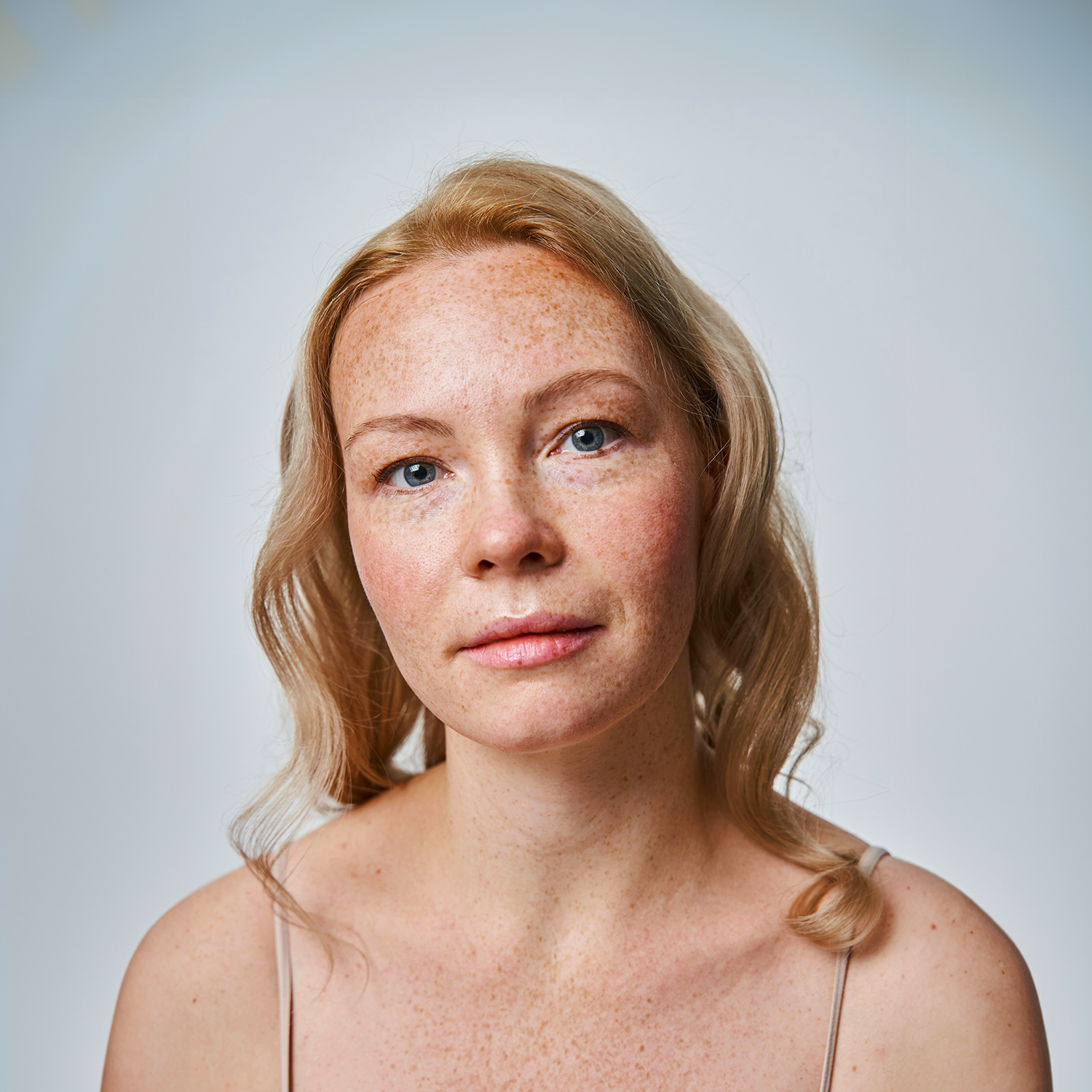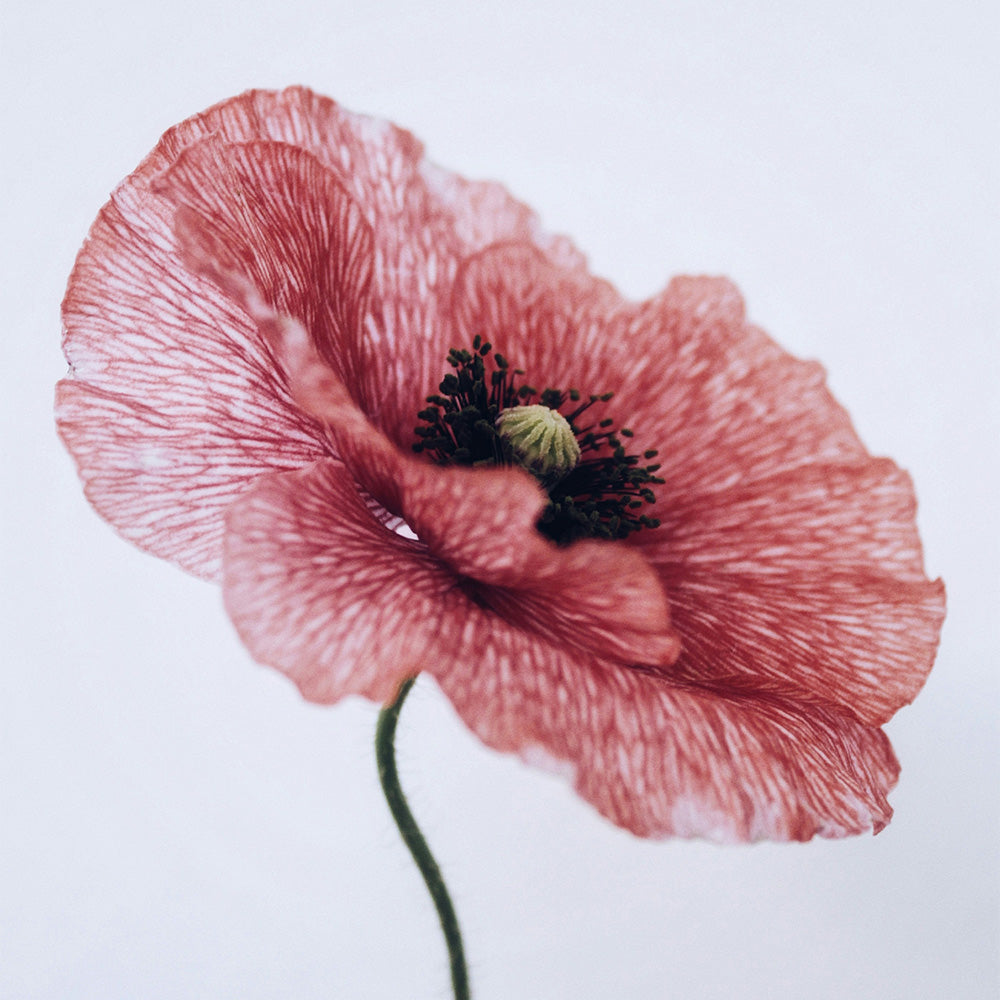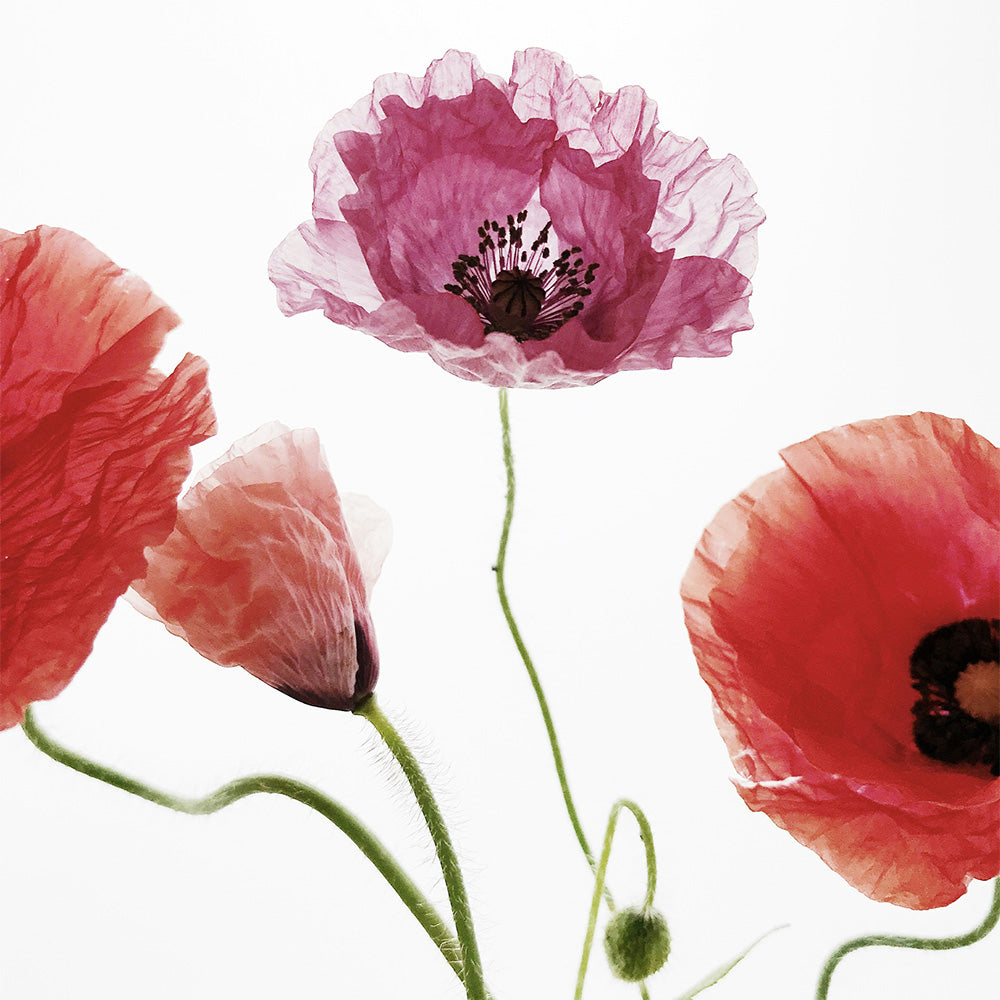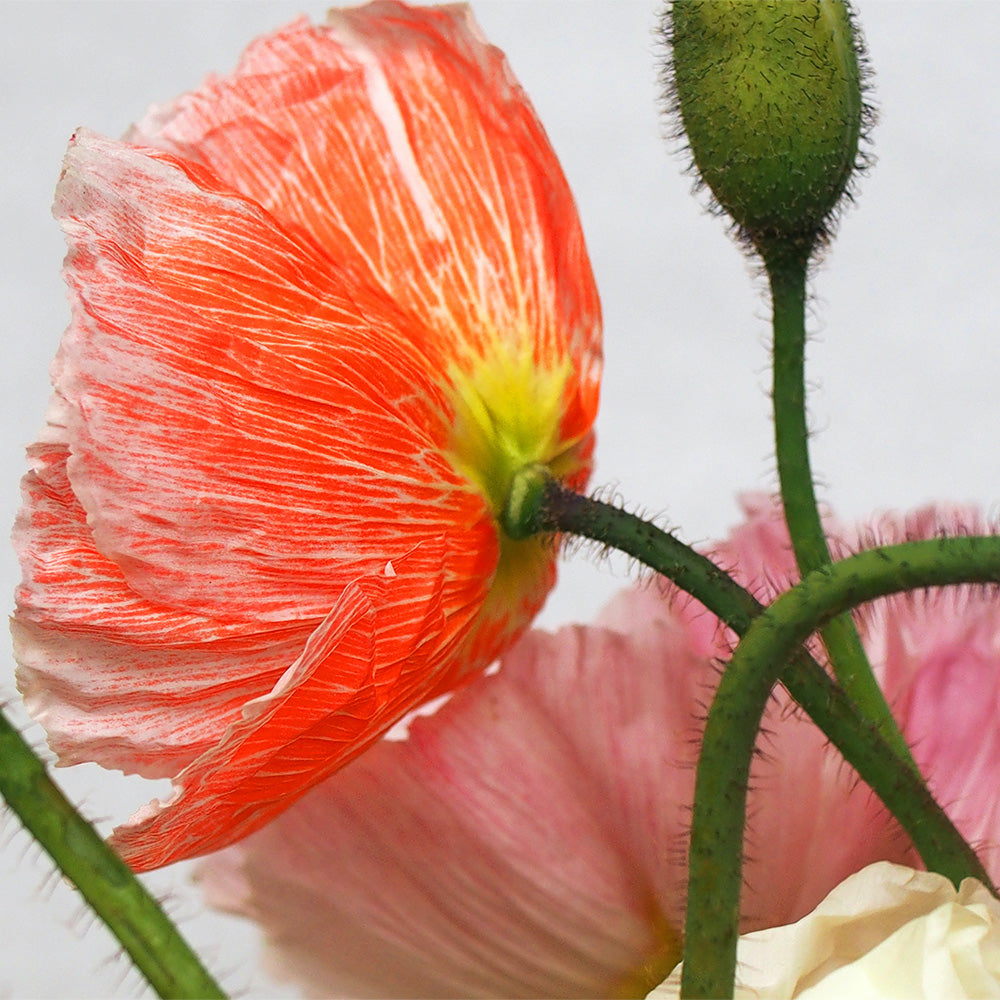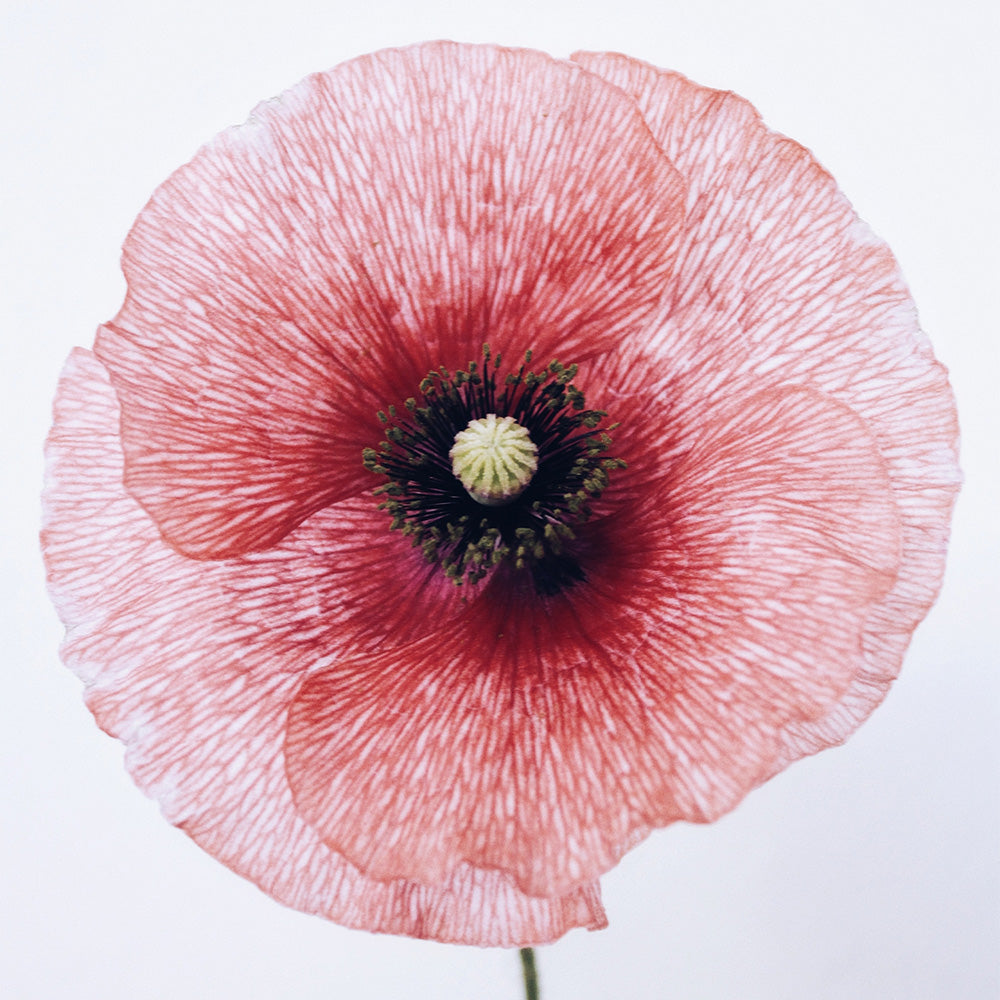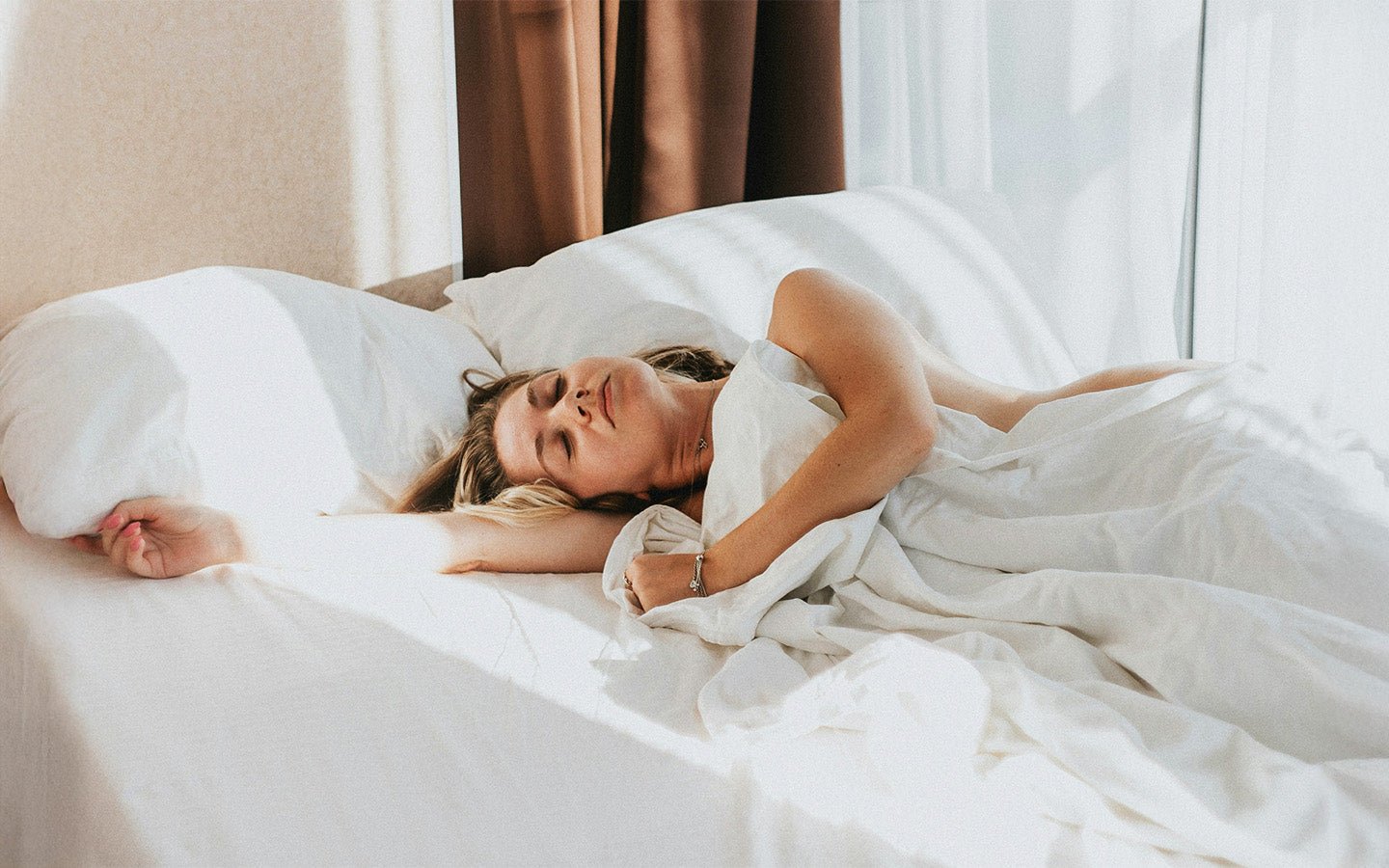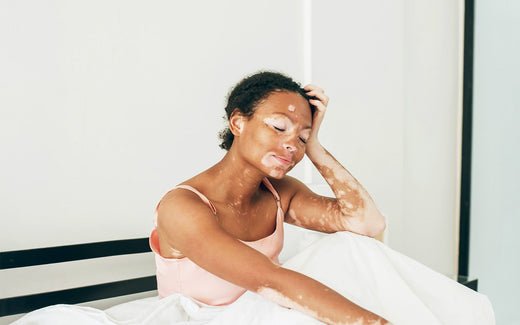
Understanding Menopausal Insomnia: Causes and Solutions
As a Doctor of Acupuncture & Chinese Medicine specializing in women's health, I've seen countless patients struggle with sleep issues during perimenopause and menopause. The good news? There are effective strategies to help you reclaim your rest and wake up feeling refreshed. Let's dive into the world of menopausal insomnia and explore holistic approaches to better sleep.
Key Highlights
- Menopausal insomnia is a common issue for women going through the menopausal transition.
- Changes in hormone levels, especially estrogen and progesterone, can lead to sleep difficulties.
- Symptoms like hot flashes and night sweats make it even harder to sleep.
- Factors such as stress, unhealthy eating, and not exercising can make insomnia worse.
- Treatments include acupuncture, traditional Chinese medicine, hormone replacement therapy (HRT), cognitive behavioral therapy (CBT), and changes to daily habits.
Understanding Menopausal Insomnia
Insomnia during menopause is a common complaint, affecting up to 61% of menopausal women.
The root causes are multifaceted, stemming from hormonal changes that impact various aspects of our physiology:
Hormonal Shifts:
The decline in estrogen and progesterone levels can disrupt your sleep cycle. These hormones play crucial roles in regulating body temperature, mood, and sleep patterns.
Hot Flashes and Night Sweats:
Approximately 75-85% of menopausal women experience these vasomotor symptoms, which can significantly disturb sleep
Mood Changes:
Fluctuating hormones may affect neurotransmitters, leading to increased anxiety and depression, both of which can interfere with sleep.
Circadian Rhythm Disruption:
Post-menopause, many women experience a weakening of their natural sleep-wake cycle.
Holistic Approaches to Better Sleep
As a practitioner of Chinese Medicine, I believe in addressing the whole person, not just the symptoms. Here are some strategies that combine Eastern wisdom with Western research:
- Acupuncture: This ancient practice can help balance hormones, reduce hot flashes, and promote relaxation, all of which contribute to better sleep.
- Herbal Remedies: Certain Chinese herbs have been used for centuries to support sleep and hormonal balance. Always consult with a qualified practitioner before starting any herbal regimen.
- Lymphatic Drainage Massage: This treatment not only detoxes your lymphatic system and rejuvenates your skin but also promote overall relaxation and circulation, helping to calm the mind and body for better sleep.
- Mindfulness and Relaxation Techniques: Practices like meditation, deep breathing, and gentle yoga can help calm the mind and prepare the body for sleep.
- Optimize Your Sleep Environment: Keep your bedroom cool, dark, and quiet. Consider using breathable, natural fiber bedding to manage night sweats3.
- Establish a Sleep Routine: Go to bed and wake up at the same time each day, even on weekends. This helps reinforce your body's sleep-wake cycle6.
- Dietary Considerations: Avoid caffeine, alcohol, and large meals close to bedtime. Instead, try a light snack rich in sleep-promoting nutrients like magnesium or tryptophan.
- Exercise Regularly: Physical activity can improve sleep quality, but avoid vigorous exercise close to bedtime6.
- Consider Cognitive Behavioral Therapy for Insomnia (CBT-I): This evidence-based approach has shown promising results for menopausal women with sleep issues.
When to Seek Additional Help
If sleep problems persist despite these measures, it may be time to consult with your healthcare provider. They can rule out other sleep disorders, such as obstructive sleep apnea, which becomes more common after menopause.
In some cases, short-term use of sleep aids or hormone therapy may be recommended. However, these should be used judiciously and under medical supervision.
Thriving During the Journey
Remember, menopause is not just an ending of your period—it's a new beginning. By addressing sleep issues head-on with a holistic approach, you can navigate this transition with grace and emerge feeling vibrant and well-rested.
As I often tell my patients: "Yes, you can thrive again!" You can sleep well, feel energized, and thrive during menopause and beyond. It's all about finding the right balance of treatments and lifestyle changes that work for you. Sweet dreams, and here's to waking up refreshed and ready to embrace each new day!
